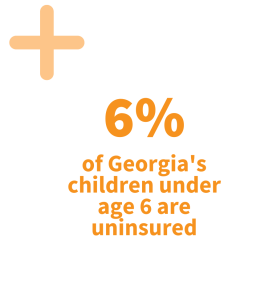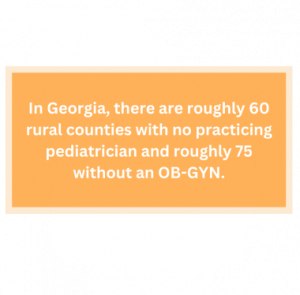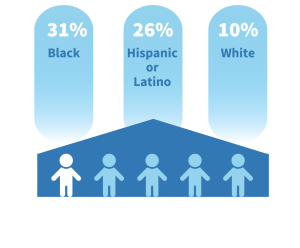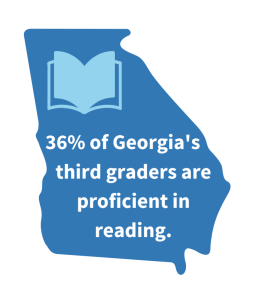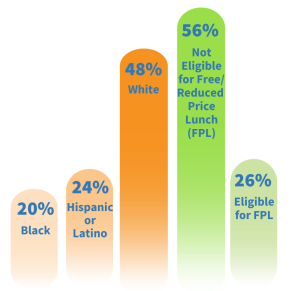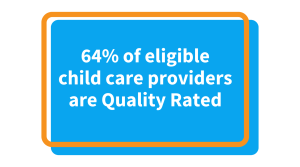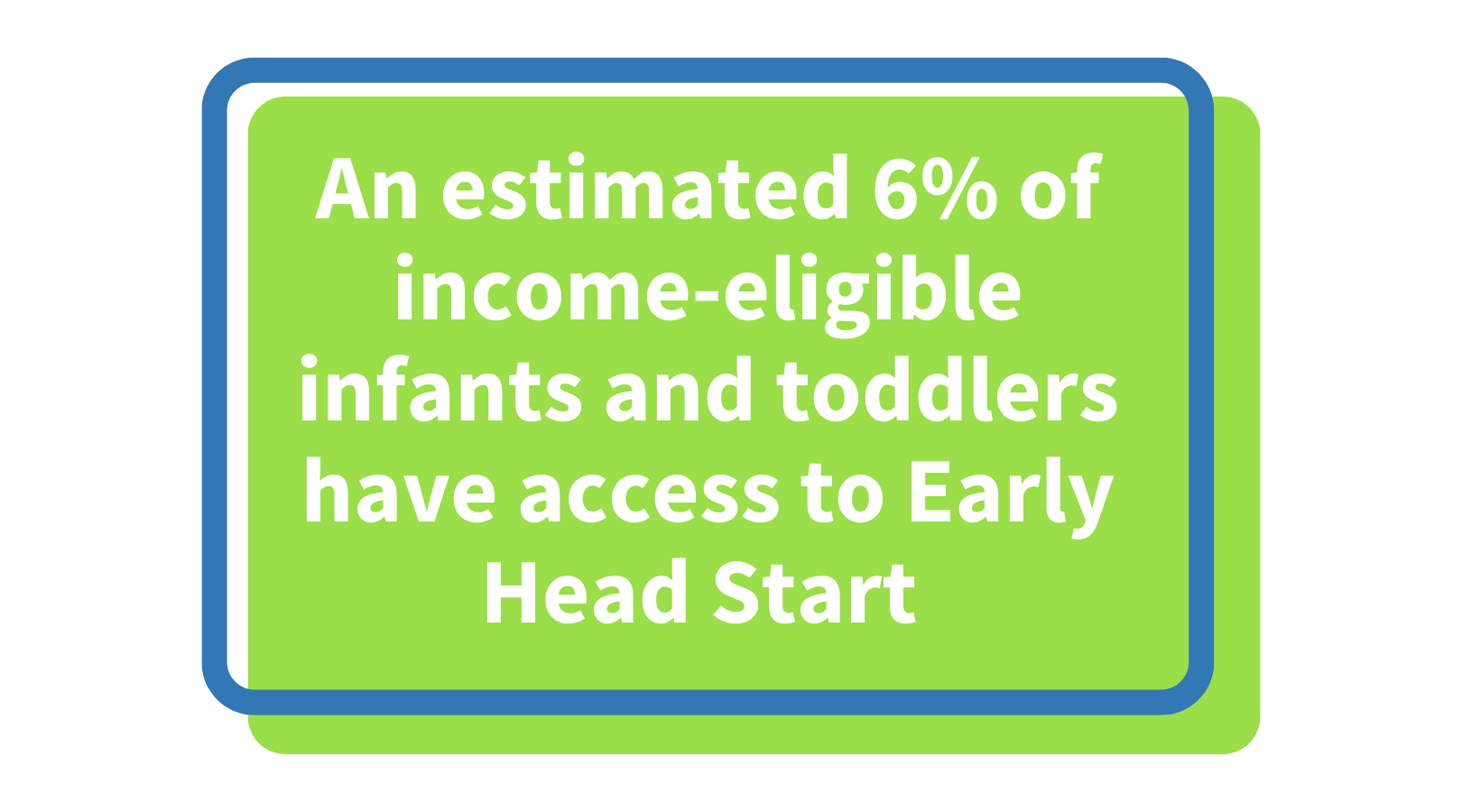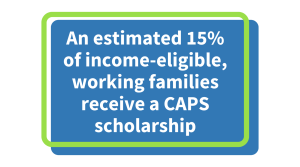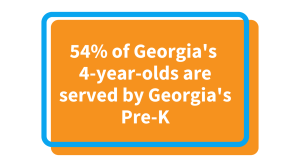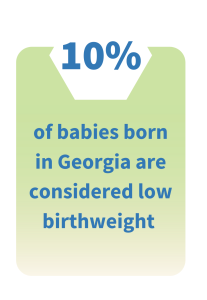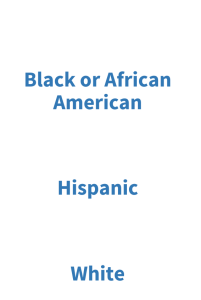Our votes impact our children’s futures–and on December 6th, we have the opportunity to make our voices heard.
Below is a list of questions to ask candidates for office on how they plan to support children, families, and the people who care for them. Ask candidates these questions at events, on social media, or contact them via their website. In addition to the questions, this page includes key early childhood data and the voices of key stakeholders to provide context to the issues.
What do you think are the biggest challenges facing families with young children?
Families are the building blocks of society and as parents we need more help and assistance in the early years to care for children who are our future.
- Dacula MotherIs high-quality early learning a priority for you? If so, why?
I think that quality child care is very important. I believe that when a child receives quality child care at an early age it lays the foundation for their academic as well as their social-emotional stability.
- Atlanta MotherWhat skills and experiences have prepared you to be a champion for young children and their families? What specifically will you do to invest in young children’s health, education, and family well-being?
Georgia ranks 45th in overall child health, according to the Annie E. Casey Foundation. How do you propose improving child and family health outcomes, such as improving access to consistent health care services or reducing the uninsured rate for children?
I am asking for lawmakers to expand financial support for families, such as the earned income tax credit or child tax credit. Families need these monies to help their families stay one step ahead of poverty.
- Peachtree City MotherMany families are one financial crisis away from catastrophe. What policies will you support to protect families with young children from issues like food insecurity or predatory housing practices?
Only 26% of Georgia third graders who are considered low income are proficient in reading in comparison to 56% of third graders not considered low income. What will you do to promote equitable access to resources and services that support young children, families, and schools?
Challenges like food insecurity, outdated infrastructure, and crime have made some Georgia communities unstable, especially for families with young children. How will you help create safe and stable communities where young children and families thrive?
Child care and food stamps are very difficult to access and qualify for…it would be very helpful if the income guidelines were revised.
- Pembroke MotherChild care is expensive, making up 40% of a low-income family’s budget. Yet access to child care assistance is limited. How will you ensure that families have access to high-quality, affordable child care?
Key Data on Child Care
Click here to learn more about key programs and services in Georgia’s early childhood education landscape.
The March of Dimes Report Card, which considers measures of infant and maternal health such as preterm births and infant mortality, gave Georgia a D- in 2021. In addition, less than one in four (23%) workers nationally have access to paid family leave. What will you do to support healthy parents, healthy pregnancies, and healthy babies?
The child care workforce, unlike many other sectors, is still suffering significant shortages because lack of support and low pay are driving educators from the field. How will you support this crucial workforce that helps to educate the youngest Georgians and allows parents to go to work?
They’re paying 18 dollars an hour [at the local mill]. So it’s like come summer, all these teachers are going to go there because they need money, and there’s a good chance we’re not going to get them back.
- Summerville Early Childhood Educator